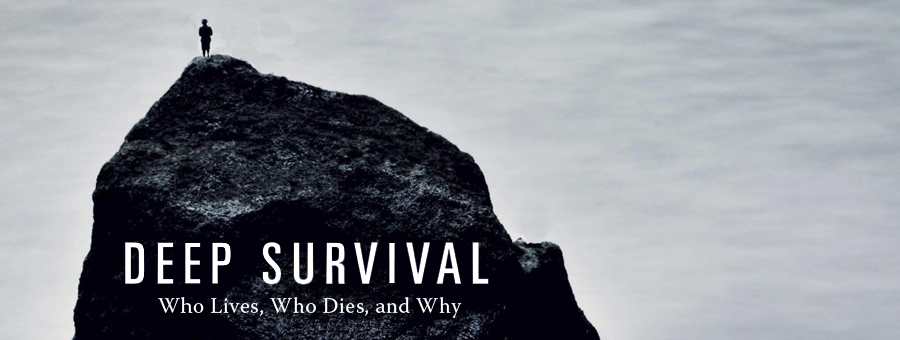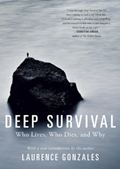
PROLOGUE
Most children are told fantastic stories, which they gradually come to realize are not true. As I grew up, the fantastic stories I'd heard as a young child turned out to be true. The more I learned the more fantastic and true the stories grew.
They were unlike the stories other children heard. They were gruesome, improbable, and sad. I didn't repeat them because I thought no one would believe me. They were the stories of a young man falling out of the sky. Unlike Icarus, who had flown too high, he had not flown high enough. At 27,000 feet, his wing was blown off by a German Flakbatalion, which was firing 88 millimeter anti-aircraft shells over the rail yards outside of Dusseldorf. And unlike Icarus, he's still alive as I write this.
The young man, my father, was a 23-year-old First Lieutenant. He was piloting a B-17 for the Eighth Air Force near the end of World War II, when that organization had evolved into a marvelous machine for turning young men into old memories. He was on his twenty-fifth and last mission, which he was eager to complete, because he and his buddy, David Swift, were going to sign up to fly P-51 Mustang fighter planes, the knights of the sky. My father was like that, despite having been shot down before. He'd enlisted in the last cavalry outfit before the war. He rode horses at a full gallop while emptying the clip of his .45 Model 1911-A, reloading while turning to come back and hit the targets again. When the war started, the cavalry was mechanized, and he began searching for the next best thing. He discovered airplanes. He went out for fighters, but they needed bomber pilots, and as his commanding officer told me 45 years later, "Your dad had a flair for flying on instruments."
When his B-17 was hit, January 23, 1945, he was the lead pilot for one of those enormous air raids the U.S. was conducting then. The Commandant of the 398th Bomb Group, Colonel Frank Hunter, had asked my father's regular co-pilot to stand down so that he could fly right seat in the lead plane and see the action. The bombers had taken off in great waves of smoke before dawn, formed up, and churned out over the English Channel from Nuthampstead Base.
They'd reached the target area and were on the bomb run when ground fire from the flakbatalion cut the left wing of my father’s B-17 in half just inboard of the number one engine. It was rotten luck. During the bomb run, you couldn't take evasive action or the bombs would go astray. Moreover, his was the first plane in the formation, and the hit was the very first firing. It was a mortal wound to the plane and 90 percent fatal to the crew. The blast was deafening, and my father saw immediately that there was going to be no flying out of this. He turned to his boss beside him and said, "Well, I guess this is it."
Then the plane rolled over, ignoring my father's attempts to right it, and began some sort of inverted flat spin. He couldn’t tell precisely what sort, for the world had turned into a nasty soup of unfamiliar colors. He gave the bail-out orders through the intercom to the crew, unsure if the thing was even working or had been shot to pieces by the flak. All the lights, horns, and klaxons were going at once, as the plane protested with a great crescendo of whines and groans, the howling wind noise through exploded wind screens. My father looked over at Colonel Hunter and realized that he was already dead, hit by flak or some bit of flying metal from the fractured plane.
Upside-down, spinning, he groped for the parachute beneath his seat. They'd started at 27,000 feet and he had no idea how high they were anymore, only that he had to get out. The fliers were supposed to wear their parachutes at all times, but the salty old dogs, such as my father was at age 23, kept them under their seats, because the damned things were so uncomfortable to sit on for 10 hours. And anyway, the choice they gave you was, as the fliers liked to say, exceedingly butt-puckering, inasmuch as a pilot descending beneath a 40-foot canopy made a great target for sharpshooters. Even the farmers came out to try their hand at bagging an American flier. The women and children would be gathering, too, to collect the bounty from a shattered B-17: Nylon, wool, plastic, metal of all sorts, and silk from parachutes and the escape and evasion maps.
He couldn't reach his parachute with the stupid harness on, so he released it. The centrifugal force slammed him into the instrument panel with such force that it nearly knocked him out. More, it cut off his oxygen supply, which was fed through a thick rubber tube running up his chest to his face mask. Smashed against the instrument panel, losing altitude he knew not how fast, he reached up with a hand that seemed made of lead now, and pulled the face mask off to get a breath of air. He saw Hunter flopped over, hanging helplessly in his harness beside him. He took a breath. Damn. Probably still above 20,000 feet, he thought, and passed out from hypoxia.
While he was out, his aircraft broke in two amidships. And on the ground an old woman, Mrs. Peiffer, saw something amazing, boys, falling out of the sky. Of the 10-man crew, only my father survived, and he was severely injured, as might be anticipated in a five-mile fall.
When he awoke, the motion had stopped. He was crumpled and jammed beneath the instrument panel down by the big naked aluminum rudder pedals. He saw sky outside the shattered canopy, a placental overcast from which he'd been born. A man appeared in the broken window frame, standing on the stub of the right wing. He pointed a pistol at my father's head. He was a local man, a German peasant. The idea of killing an American pilot was not an unpopular one in those parts. My father watched with detached curiosity as the man pulled the trigger.
